While repetitive in places and a bit scattershot, this guide to Learning Experience Design (LXD) provides a sound reference manual for designers. The internet has transformed how people learn, but learning itself remains an “effortful” experience. Designers should understand how people learn to deliver experiences with high impact and good retention. Pedagogy struggles to keep pace with all the new ways people encounter information: interactive videos, podcasts, video talks and how-to videos on YouTube, among others. LX designers should follow the approach of “less is more” to maximize engagement.
Learning is work. LXD must deliver experiences that enable retention and retrieval.
Learners do the work of learning – a complex process with a “long tail.” Learning experience design (LXD) acknowledges this process. It starts with learning as a goal, selects experiences that achieve that goal, and designs the process through which learning happens. LXD designers must build to specifications that allow for learner retrieval, retention, reinforcement of memory, practice, transfer and knowledge application. The learning experience is not as important as what the learner uses and remembers.
Learning theory is “sketchy” at best, even among learning professionals, because teachers rely on practice, not theory. Many learning policy makers overlook science on attention, cognitive overload and memory in favor of learning theories with no scientific underpinnings, such as Myers-Briggs, the Mozart Effect and L/R brain theory, among others. LXD designers can learn from online experiences featuring pared-down, simple interfaces that engage users and build habits. Learning apps like Duolingo, for example, capitalize on the human need for nudges, rewards and reminders...









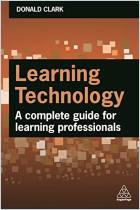

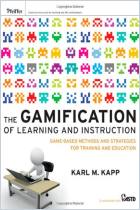
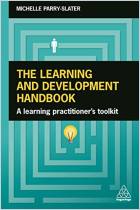
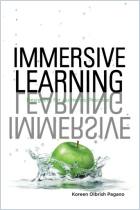
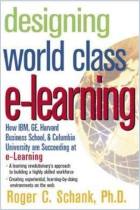
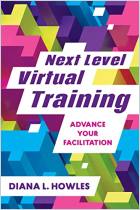
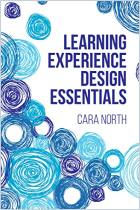







Comment on this summary or Démarrer une discussion